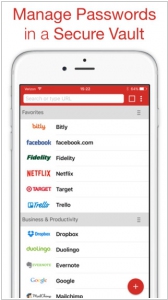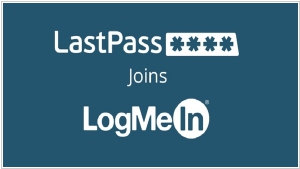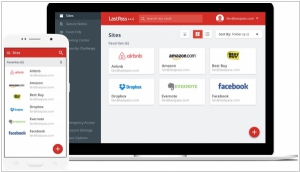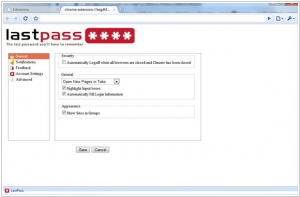KeePass vs LastPass
August 06, 2023 | Author: Michael Stromann
21

KeePass is a free open source password manager, which helps you to manage your passwords in a secure way. You can put all your passwords in one database, which is locked with one master key or a key file. So you only have to remember one single master password or select the key file to unlock the whole database. The databases are encrypted using the best and most secure encryption algorithms currently known (AES and Twofish). For more information, see the features page.
KeePass and LastPass are popular password managers that aim to enhance security and convenience for users. KeePass is an open-source password manager that allows users to securely store and manage their passwords in an encrypted database. It offers strong encryption and the ability to locally store the database, providing users with full control over their password data. KeePass is highly customizable and supports plugins for additional features and integration options. LastPass, on the other hand, is a cloud-based password manager that offers password storage, autofill, and secure sharing across multiple devices and browsers. It provides a seamless user experience with features like password generation, automatic form filling, and multi-factor authentication. LastPass focuses on convenience and accessibility, making it an attractive option for users who prioritize ease of use and cross-platform compatibility.
See also: Top 10 Identity Management platforms
See also: Top 10 Identity Management platforms
KeePass vs LastPass in our news:
2016. Password manager LastPass is now free

LastPass, the password manager under the ownership of LogMeIn, has announced a significant update to its service by making a core component available for free. Previously, users could access the browser extension at no cost but had to pay a $12 annual fee to enjoy mobile password portability. However, LastPass has decided to eliminate this fee, allowing users to freely access their passwords on mobile devices. The free services now include essential features such as two-factor authentication, password generation and sync, as well as access from unlimited devices. Essentially, LastPass is now charging only for enhanced features rather than convenient access. It's worth noting that the company continues to generate revenue through its enterprise offerings. LastPass states that this pricing change is driven by a commitment to making password security accessible to a wider audience. However, it is also likely aimed at enticing users away from other paid password management services.
2015. LogMeIn acquired password management service LastPass

Remote access software provider LogMeIn has completed its acquisition of LastPass, the online password management software maker, for a total sum of $110 million. LastPass, a competitor of Dashlane, 1Password, and similar solutions, offers a comprehensive suite of tools designed to enhance online security for users. Its flagship product is a password management software application that facilitates the creation of strong, secure passwords for various websites, while also providing a secure repository for other private information in the form of "secure notes." In addition to a native desktop application for OS X, which was launched earlier this year, LastPass offers features such as a "Security Check" tool, enabling users to quickly assess the strength of their passwords. The company also provides web browser extensions and a mobile app to ensure convenient access to its services.
2015. Password manager LastPass launches version for Mac

LastPass, a password management service, has launched a new native Mac application that offers enhanced integration on OS X along with several new features. The updated app includes instant logins, the capability to perform security checks on online accounts, and a fast search function. With growing awareness of the threat posed by hackers, apps like Dashlane, LastPass, and 1Password are among the first to be installed on users' new computers or mobile devices. It's worth noting the irony that despite the recent high-profile data breaches at physical stores like Target, Staples, and Home Depot, consumers remain vigilant about online security.




